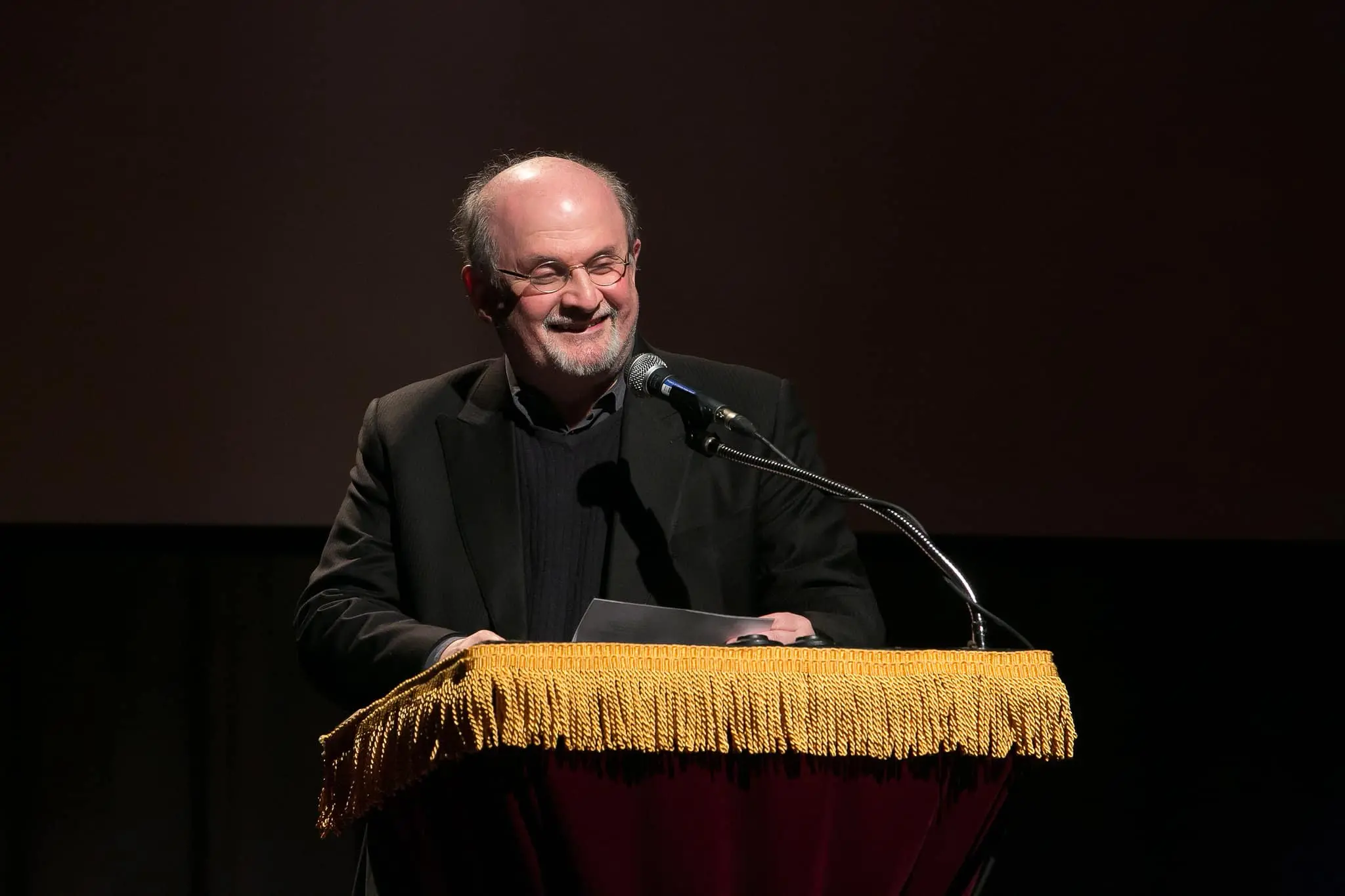On January 19, Washington D.C. news outlet The Hill reported that a budget proposal being circulated in Washington indicated that the Trump Administration intended to cut funding for the National Endowment for the Arts and the National Endowment for the Humanities. Both Endowments are independent federal agencies that are completely dependent on federal funding; de-funding would eliminate both institutions. If enacted, these budget measures would essentially end federal funding for arts and culture throughout the United States.
The National Endowment for the Arts (NEA) and the National Endowment for the Humanities (NEH) were both founded in 1965, through legislation that enjoyed widespread bi-partisan support based upon the idea that great nations should foster the development of culture and the spread of knowledge. Today, these Endowments support arts and humanities programs and scholarship in communities across the country. The total funding allocated to the NEA and NEH constitutes less than .001% of federal spending. Here’s a look at some of the great work they do with that funding:
National Endowment for the Arts (NEA)
The NEA’s mission is to promote innovative and creative expression, as well as cultural and artistic understanding for the benefit of American communities. Through 20 partnerships with government and non-profit agencies at all levels, the NEA supports arts education, protects America’s cultural heritage, and reinforces inclusive access to the arts in every U.S. state and U.S. territory.
Since its founding in 1965, the NEA has awarded more than 145,000 grants, including support for such iconic American cultural institutions as the American Film Institute and the efforts to design the Vietnam Veterans Memorial. Thousands of communities across the country benefit directly from the NEA’s work. Already for this fiscal year, the NEA has announced plans to award more than $30 million to non-profit organizations and individuals across the country.
NEA grants go to supporting arts education, to preserving the nation’s artwork and cultural traditions, and to supporting organizations who bring art to underserved populations—including people in low-income areas, the developmentally disabled, and prisoners in federal correction facilities. The NEA also supports arts-related research and scholarship, and supports community revitalization work for small towns and large metropolitan areas alike.
Here are some of the projects made possible by NEA funding:
- The NEA Military Healing Arts Partnership: A partnership with the Department of Defense to offer creative arts therapy programs, such as music therapy and the NEA’s Operation Homecoming writing program, to service members with traumatic brain injuries and other health conditions.
- The NEA National Heritage Fellowships: Yearly fellowships to support continuing contributions to America’s folk and traditional arts, honoring and preserving our nation’s diverse cultural heritage.
- The NEA “Our Town” grant program: Support for “creative placemaking,” community revitalization work that deliberately integrates arts and culture. Dozens of communities have directly benefitted.
National Endowment for the Humanities (NEH)
The NEH’s mission is to promote historical and cultural understanding as a basis for an informed democracy. The NEH is one of the largest supporter of U.S. research, education, public programming and historical preservation in the humanities through grants and fellowships for scholarly work as well as community, cultural, and educational institutions. Their work encompasses a variety of disciplines vital to historical and cultural knowledge, including languages, history, literature, archaeology, philosophy, the law, religion, journalism, and art history.
NEH grants help libraries and museums preserve their historical collections and support humanities education in K-12 curricula. Their funding also promotes extra-curricular educational programs for underserved and at-risk youth. NEH funding has supported the training of 95,598 teachers and professors in subjects such as Congress and American History, reaching over one million children. NEH also supports humanities-related research and scholarship, and funds public access to over 2.3 million digital books, reference materials, and other resources that allow children and adults to enhance their education in and out of school.
Since 1965, NEH funding has supported the production of over 7,000 books, 16 of which have won Pulitzer Prizes, and the creation of many other projects. Thousands of communities across the country benefit directly from the NEH’s work, which funds 56,000 lectures, discussions, and exhibitions in 56 U.S. states and territories a year. The NEH also generates additional funding for the humanities through its Challenge Grants, which by 2011 had generated more than $1.66 billion in outside support for the humanities by requiring recipients to individually raise $3 – $4 for every federal dollar granted.
Some of the projects made possible by NEH funding:
- The Standing Together Initiative: A program supporting returned veterans and their families through programs such as the Warrior Scholar Project, which facilitates veterans’ transition from the military to higher education. It also supports “Dialogues on the Experience of War,” public programs featuring veterans.
- The United States Newspaper Program, which has cataloged 63.3 million pages of historic newspapers for free public access.
- Operational funding for state Humanities Councils: These Councils operate in every U.S. state and territory with the aim of implementing humanities programming at the community level. Altogether, they support thousands of reading and discussion programs, educational institutes to train elementary and secondary school teachers, and local humanities events and learning programs with access to the general public, as well as underserved groups such as veterans, patients, and prisoners. The majority of their funding comes from NEH.
- The Preservation Assistance Grant: A grant-making program offering support for libraries, museums, and colleges to preserve and digitize their historical and cultural collections. This program has ensured the preservation for posterity of some of America’s most important documents, including the papers of George Washington, Dwight Eisenhower, and nine other presidents, as well as those of icons such as Mark Twain, Thomas Edison, Martin Luther King, Jr., George Marshall, Emily Dickinson, Walt Whitman, and Albert Einstein. It also allows access to these resources to be used by students, teachers, and scholars to advance their educations.

